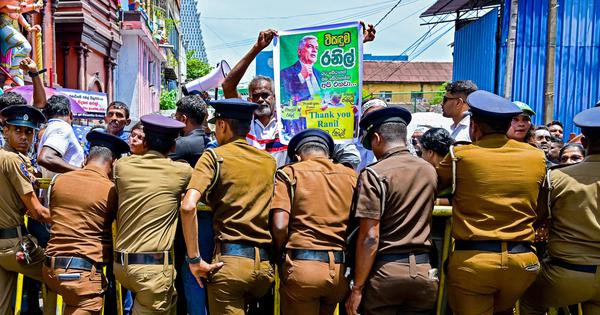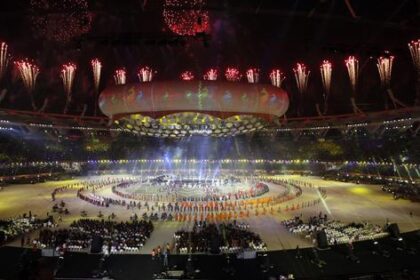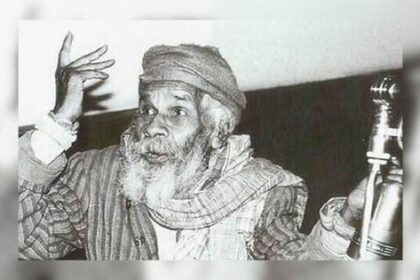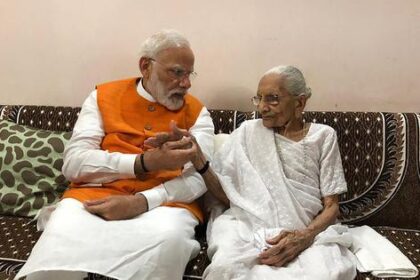The arrest of Wickremesinghe highlights deepening divisions in Sri Lankan political landscape and societal sentiments.
The political climate in Sri Lanka has become increasingly polarized, particularly following the recent arrest of former president Ranil Wickremesinghe. Wickremesinghe, who has held the position of prime minister multiple times, was arrested on allegations of misusing state funds. His imprisonment, followed by release on bail, has ignited significant debate within the country. Some observers argue that this incident demonstrates that no individual is above the law under the current regime, while others believe the judiciary is being manipulated to set an example of him.
Wickremesinghe’s arrest comes amid claims that he misappropriated public resources for personal gain, specifically during a trip to the United Kingdom to attend a ceremony at the University of Wolverhampton, where his wife was awarded an honorary professorship. The Sri Lankan government alleges that he utilized state funds amounting to approximately 1.6 crore rupees for this trip, despite his supporters asserting that the invitation was extended to him in his official capacity as the president of Sri Lanka.
As the news unfolded, Wickremesinghe himself commented that these events have unveiled “the real face of the present administration.” For many in Sri Lanka, the implications of his arrest extend beyond the specifics of the case; it represents a pivotal moment in the nation’s political landscape. A political commentator aptly noted that this situation provides a clear perspective on the significant political and social divisions within the country.
On social media, discussions erupted between supporters of Wickremesinghe and those who endorsed his arrest. While some view the trial as a testament to accountability, others argue that he played a crucial role in stabilizing the nation during economic turmoil and that the current government is unjustly using the legal system to punish him.
Demonstrations in Colombo further illustrated these divisions, as supporters of Wickremesinghe gathered to observe his trial, confronting police and vocally opposing the ruling National People’s Power alliance. This display echoed the earlier protests of 2022, which had resulted in the resignation of President Gotabaya Rajapaksa and the subsequent elevation of Wickremesinghe to the presidency. However, the current protests appear more aligned with reinforcing the political establishment rather than seeking its removal.
Notably, former political rivals have united in their support for Wickremesinghe. Former president Maithripala Sirisena, who had previously been at odds with Wickremesinghe, visited him in court, reflecting a significant shift in alliances. Other prominent political figures, including Sajith Premadasa and members of the Rajapaksa family, also expressed solidarity, marking a rare convergence of opposition parties against the ruling government.
The arrest of Wickremesinghe marks a historic moment in Sri Lankan politics, as he becomes the first former president to face corruption charges. The National People’s Power has asserted that no one, including former heads of state, will be exempt from legal scrutiny. This situation echoes a pattern in Sri Lankan history, where former leaders have faced investigation and legal action post-tenure. However, the current context of Wickremesinghe’s arrest could signify a broader reckoning with accountability in the political sphere, amidst a backdrop of longstanding controversies and societal divisions.








